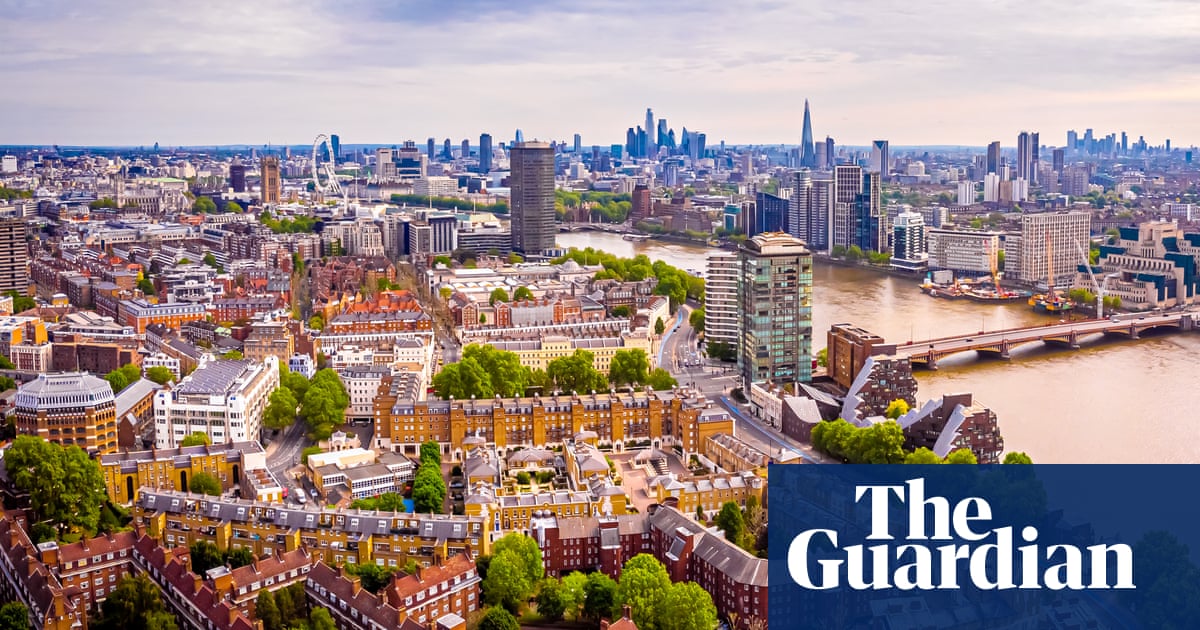The owners of nearly a quarter of a million properties inEnglandand Wales worth a combined £64bn are hidden behind opaque trusts, according to research that prompts concern that such structures are the “go-to vehicle for kleptocrats” stashing money in Britain.
The government introduced a register of property held through offshore vehicles in August 2022,revealing a string of unknown owners, including high-profile figures such as Lewis Hamilton andJames Dyson, as well assanctioned Russians,Gulf royalsand theChinese state.
But the register still allows thousands of property owners to hide their identities using tactics such as registering the asset in the name of a trust, or a company owned by a trust.
At least 236,500 properties across England andWales, worth at least £64bn, are hidden behind these “opaque” structures, according to research by Transparency International.
The campaign group said this risked allowing wealthy individuals – including those linked to corruption – to shield their assets.
Transparency International also pointed to agovernment report that foundtrusts were likely to be hampering the government’s sanctions regime against Russian nationals by allowing them to hide and move their wealth.
It wants the government to close loopholes to ensure that ultimate ownership of property held through trusts is disclosed.
Joe Powell, a Labour MP who chairs an all-party parliamentary group on corruption and tax, said: “This research confirms that trusts are now the go-to vehicle for kleptocrats seeking to hide illicit wealth and avoid scrutiny.”
He said that in his constituency, Kensington and Chelsea inLondon, about 40% of overseas-owned property was held through a trust. Powell said: “The government has already made real progress in tackling corruption but trusts remain a significant blind spot in the UK’s transparency framework.
“There’s a real risk this loophole is incentivising more opaque ownership and undermining efforts to tackle corruption. Bringing trust ownership into scope would close a key gap and help realise the government’s welcome ambition to lead on anti-corruption globally.”
Transparency International highlighted examples of hidden structures that have come to light, including a £61m London apartment linked to a Russian oligarch’s partner but not subject to a freezing order from the Treasury, despite similar properties being frozen in France.
Margot Mollat, senior researcher at Transparency International, said: “Trusts are an obvious choice for those looking to hide assets, conceal suspect wealth and evade sanctions. If the UK is to be the anti-corruption capital of the world, it needs to deal with its trust issue.”
The government is consulting on whether to allow third-party access to the trust registration service, which is accessible to law enforcement bodies.
A Treasury spokesperson said: “We have frozen £25bn worth of Russian assets and working with our allies, we have deprived Russia of over £300bn – the equivalent of four years of Russia’s military spending.
“We will continue to robustly enforce our financial sanctions as part of our wider response to Russia’s invasion of Ukraine.”
